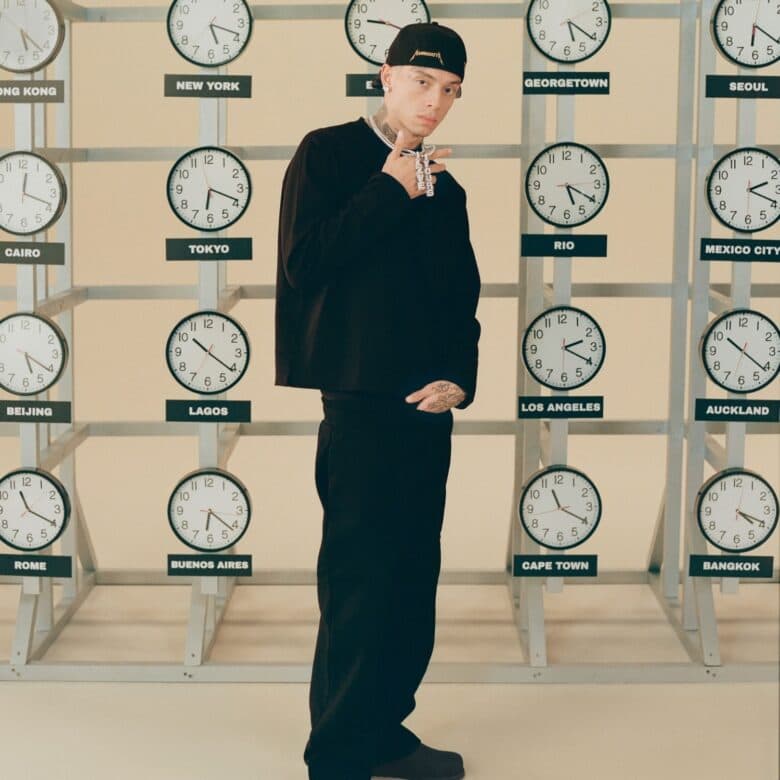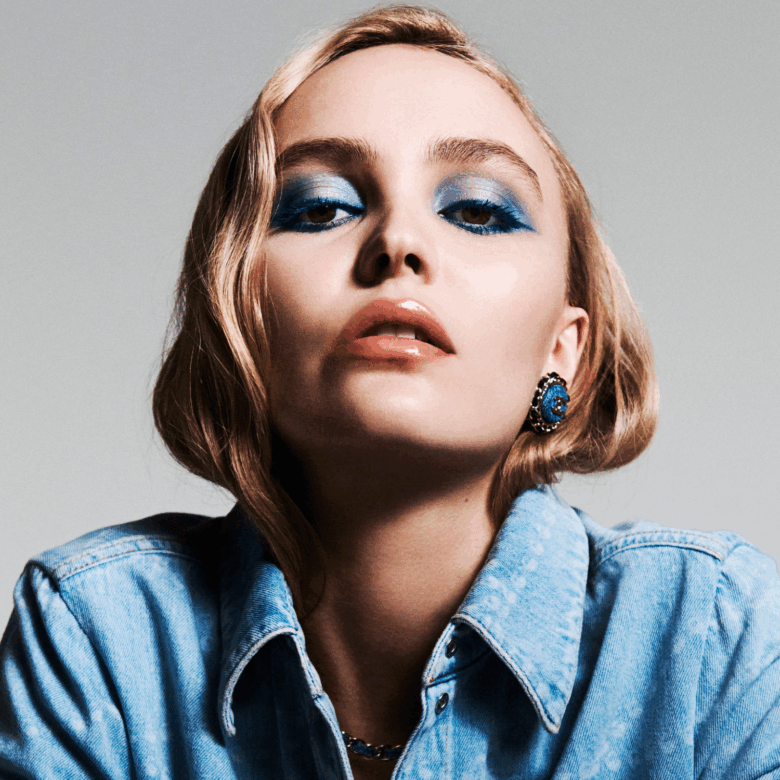Sean Bean is leaving it to the imagination
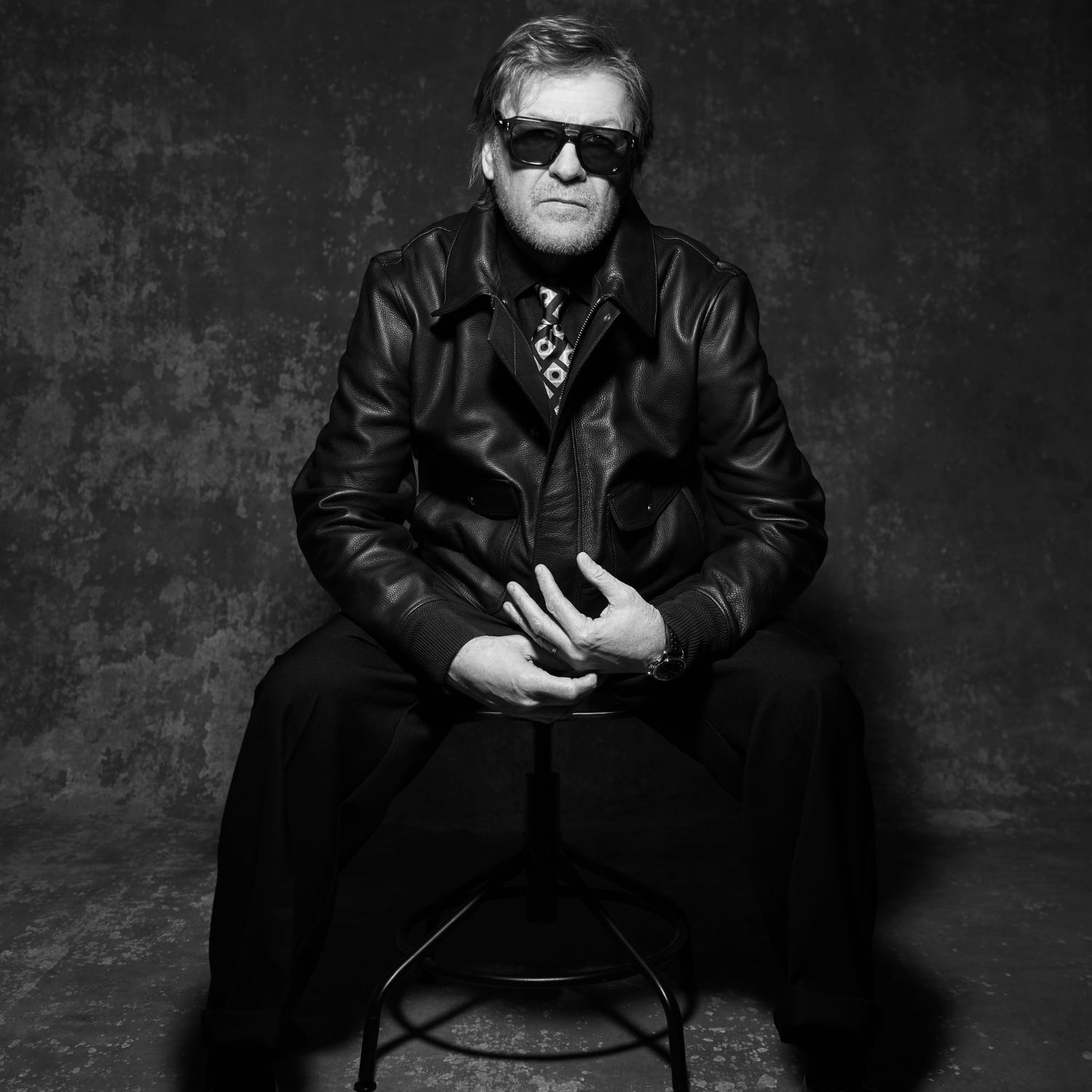
The first thing that strikes me upon meeting Sean Bean is that he’s the same breed of Yorkshire gentleman as my grandad. It’s not just the accent either. As soon as we enter the press suite at the Corinthia Hotel, the actor pours three glasses of water: one for Ronan Day-Lewis, one for me and, finally, one for himself. Besides the evident chivalry, Bean also possesses that specific sense of humour encoded in Yorkshiremen’s genetic make-up — a harmless, take-the-mickey attitude that immediately puts me at ease. “Do you think I should lay down?” he says dryly, gesturing towards the absurdly placed chaise longue that stands in lieu of a third chair. Prompted by this strange choice of furniture, Day-Lewis makes a comment about “interrogating” the actor. It conjures a vision of him playing what he, as a New Yorker, would probably call a ‘shrink’; Bean taking the role of patient. But he’s only half joking. His role today is to ask Bean exactly what it was like to star in his directorial debut, Anemone.
Co-written by himself and father Daniel Day-Lewis, the film follows the story of two estranged brothers — Jem, played by Bean, and Ray (Daniel Day-Lewis) — as they reunite in a remote cabin in Northern England. Across a hundred and twenty-six minutes, the pair dissect a fraternal bond withered by secrecy, trauma and time. The script is minimal; only the essential verbal exchanges make the cut. “There’s [nothing] superfluous, you know? No padding there,” Bean effuses. “[The writing] leaves it to your imagination.” It’s partly this that initially drew the actor to the role, and his admiration for the younger Day-Lewis’ writing and direction is obvious. But the director’s appreciation for Bean is coloured differently. The Converse and cap-wearing twenty-seven-year-old quizzes his leading actor with an almost childlike wonder. And Bean, dressed in a suave, all-black get-up (almost reminiscent of a Mafia boss if you were to swap the cigar for a vape), replies with the self-assuredness of a man with forty years of prestige acting gigs under his belt. What’s most apparent, though, is whether it’s The Lord of the Rings or Game of Thrones, Bean won’t stray too far from the humility ingrained in any good, northern lad.
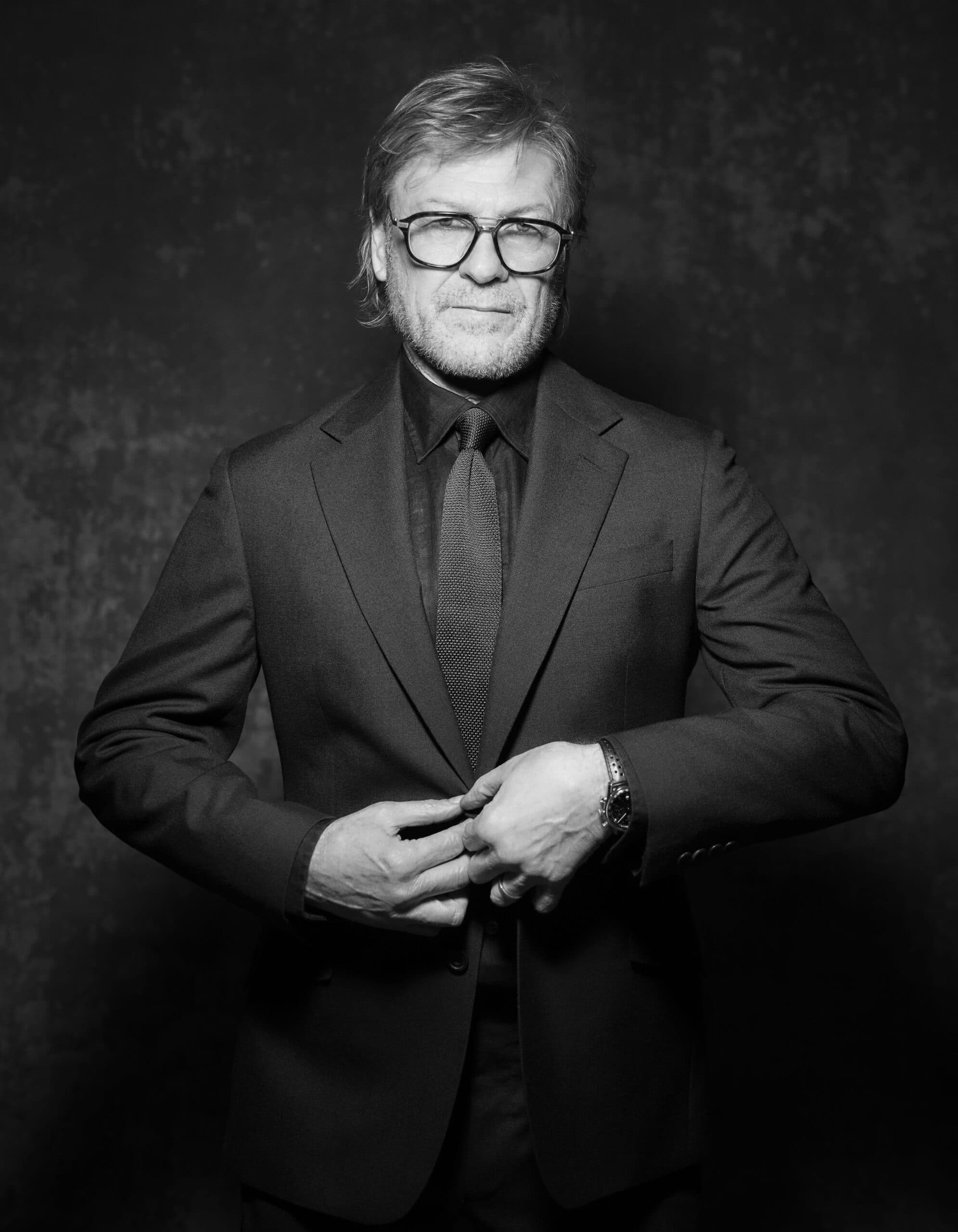
And me? I’m just here to keep the conversation on track. I relegate myself to the strangely placed chaise longue and press the red button on my Voice Memos app to start recording.
Ronan Day-Lewis: One thing I was wondering about is if you remember your first moment of being drawn to the idea of acting.
Sean Bean: I suppose I didn’t have any inclination towards acting when I was younger. It was never a subject that appealed to me, in part because of where we lived. Sheffield was very heavily industrial in steel and coal. Of course we had entertainment — we weren’t that far behind — but it wasn’t something that wasn’t encouraged as much as it perhaps was in the southern counties or in London in the sixties. Perhaps in the seventies, when glam rock [emerged] — you know, people like Marc Bolan and David Bowie — that led me in some way towards flamboyancy. I used to wear flares and star jumpers, and I dyed my hair and stuff like that. I guess I didn’t realise at the time that I was trying to express myself in a different way; a way that, you know, satisfied my dreams.
RDL: It’s so interesting how you’re saying that Bowie was an inspiration.
SB: He had a huge influence on many artists and actors alike — he kind of encompassed all the arts in that sense. It was also, not resistance, but frowned upon in the seventies, if you wanted to be an actor in Sheffield. I remember walking into the living room and telling my dad I wanted to be an actor. He was just reading the paper and [went], You what? Right. Another one of your fads. Because I wanted to do music, I wanted to be this [and that], then an artist. But acting seemed to encompass all those interests into one thing I felt I was good at.
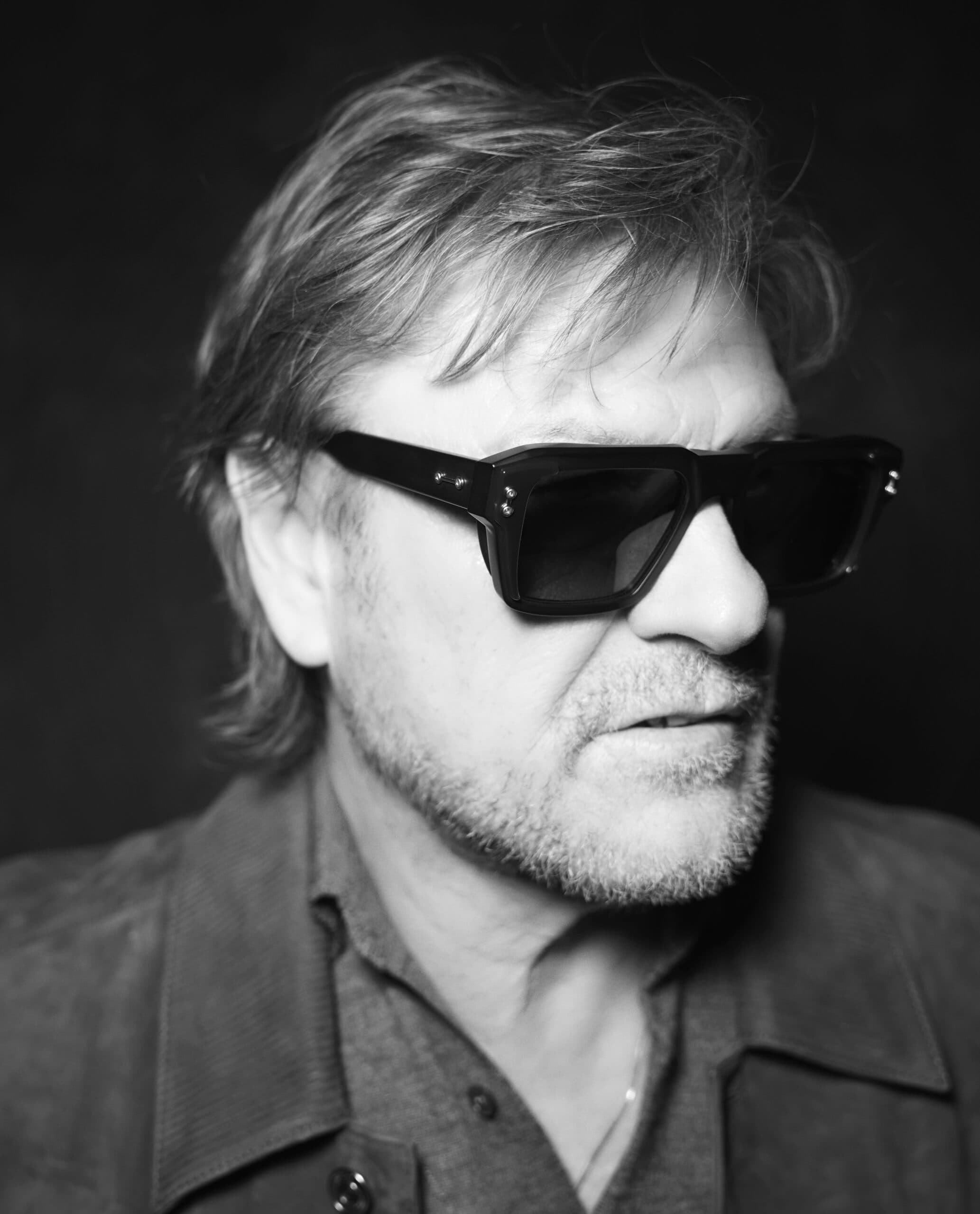
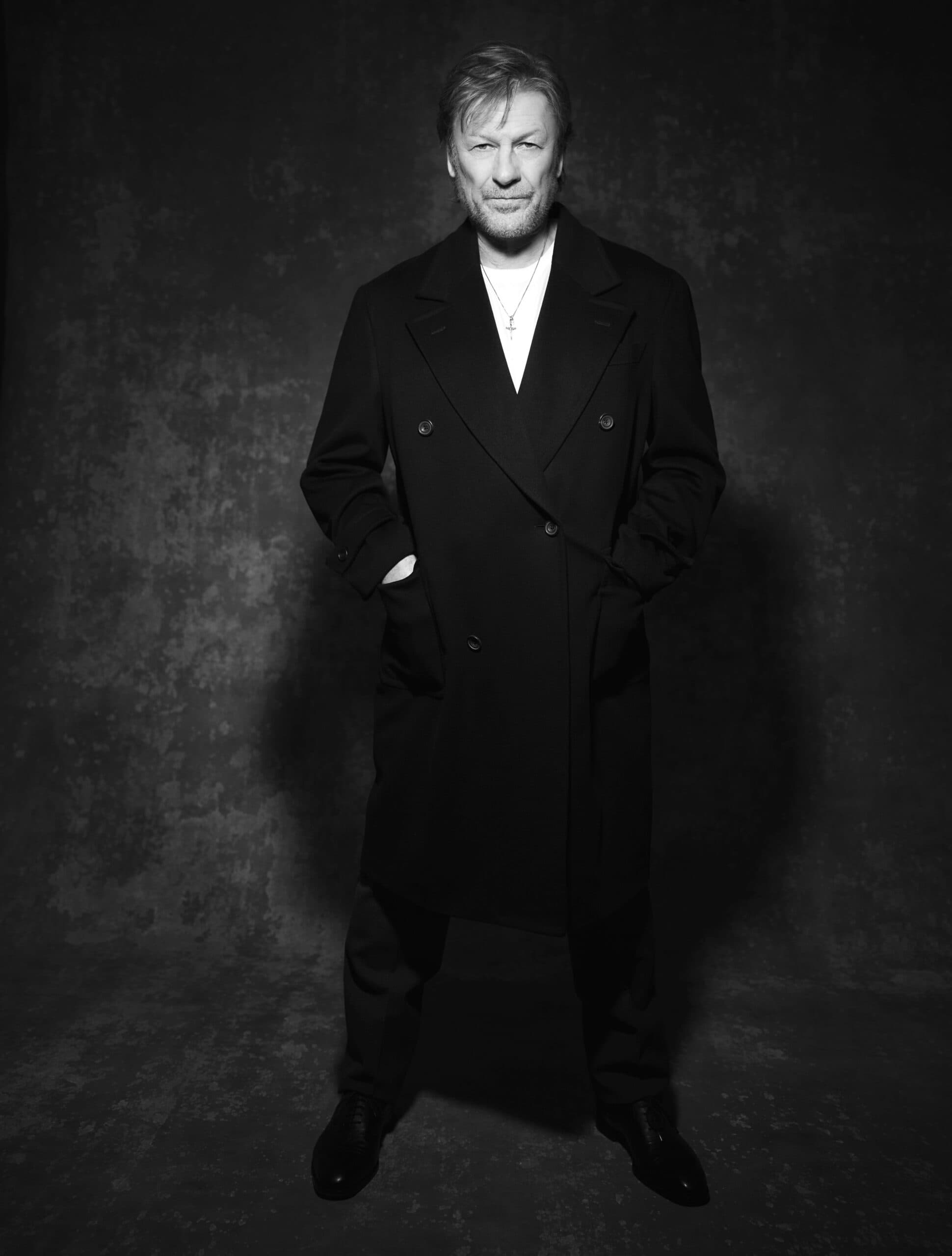
RDL: What compelled you into [acting]?
SB: I actually wanted to be an artist originally. At school I won the prize in art every term. Then I went to art school afterwards but I couldn’t stick [at it]. I stayed a week at one of them and then a couple of weeks at another. It was more written work and I just wanted to get drawing. I was pretty good and I sold a few pictures. So I thought I was a bit of an artist — and that kind of led me into acting. At art college, there was another branch that was dedicated to performing arts, and I changed course. My first role was in The Owl and the Pussy-Cat, and I played one of those blue things [laughs]: a gondolier. But I was so excited. Even though I was one of these weird creatures, I was just so taken by the atmosphere and the smell of the grease paint — that feeling. It really just got me going. Then I did a few amateur plays in Rotherham. And then I got into RADA.
RDL: What was it in Jem that made you want to go into that world [of Anemone]? Was it something you felt you could connect to on a personal level, or was it more drawn from the imagination that would require you to enter [it].
SB: It’s the imagination. I was overjoyed when Daniel called me and told me that [you were] directing and he said, Can I send you the script? I knew it was going to be good because of his pedigree and [your] involvement in the arts, but I never expected it to be that good. As soon as I started reading and I saw how it developed, I mean, every word was important. There’s no superfluous kind of thing, you know — padding there. It was just the build-up of the writing which just left my imagination reeling. I wasn’t being told what to do or what to say, and it left me open to so many possibilities. The first week we started, there was this atmosphere and I thought, This is great. I love this. It was a bit like improvising in silence.
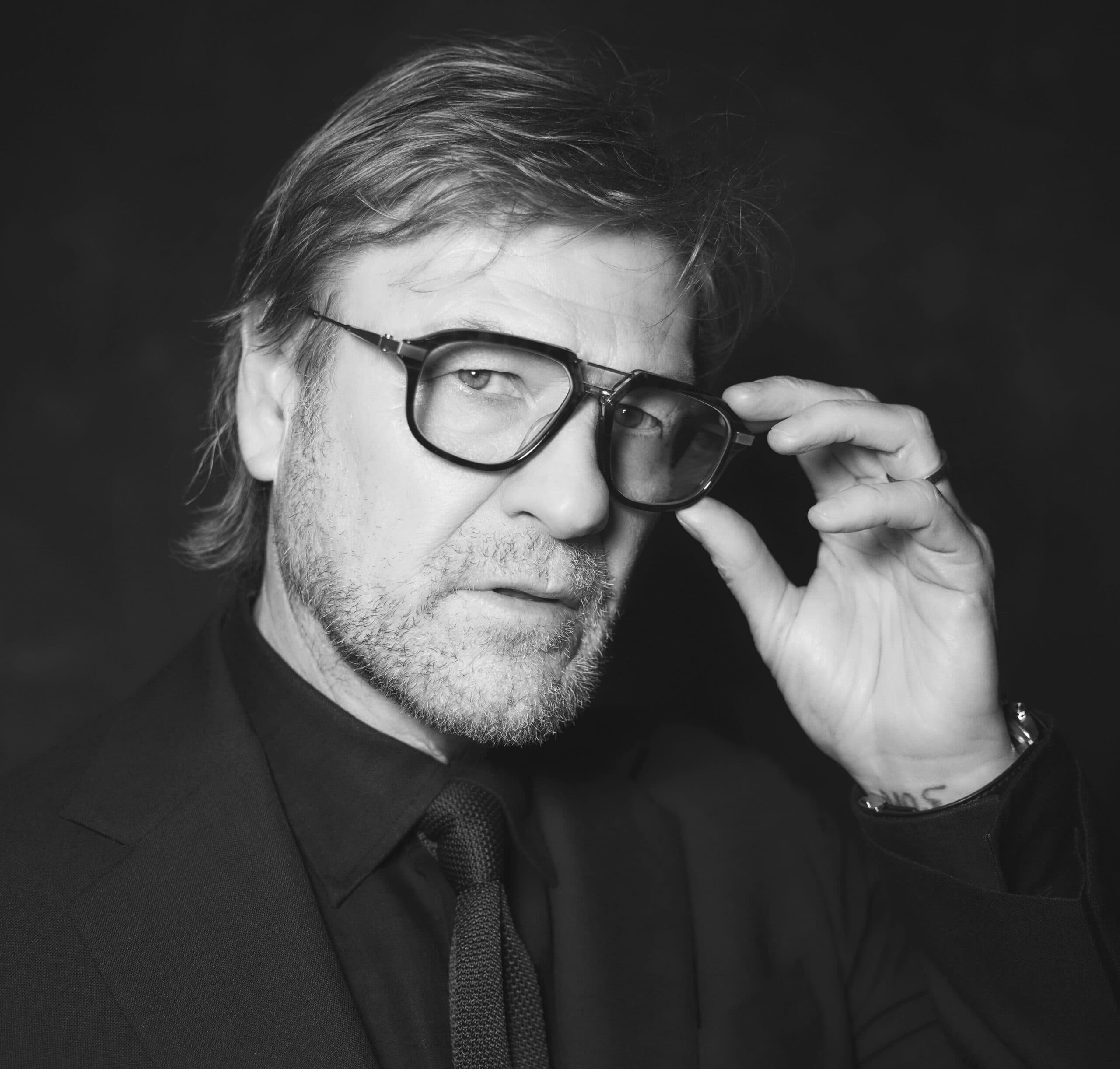
RDL: Exactly. Like when [yourself and Daniel] first sat down at the table with the tea, you guys were just existing in silence and it was so fascinating — those minute like tremors in the air, the way the negative space between you was fizzing. It was such a masterclass in what’s possible to do with silence.
SB: Yeah. Just because you’re not saying anything, it doesn’t mean to say there’s not a hell of a lot going on. [With Anemone] it’s that thing of going back to childhood as brothers, as well — the playfulness and jealousies. Then there’s a much darker jealousy and resentment to come. But it starts with those tiny things that mean so much. You don’t have to tell everybody everything at once. You see it develop and you’re captivated by it.
RDL: Obviously it’s such an intimate story in terms of the relationship between two brothers. I feel there’s a lot about the male condition contained in that — the beauty and the tragedy and the darkness. Was that something you were thinking about consciously at any point [during filming]?
SB: I think I was just listening to [Daniel]. His performance was such that you couldn’t help but be mesmerised and respond accordingly. If you really listen to someone, you react naturally. [The conversations in the film] aren’t provoked. They just come out of nowhere, as these things often do, don’t they? You think you’re going to tell someone something; you think, I’ll sit down and talk about it. But it doesn’t happen that way. It’s usually when you least expect, and you suddenly find yourself coming out with it. [In Anemone], you see this [through the] heartbreak and genuine sympathy of a brother.
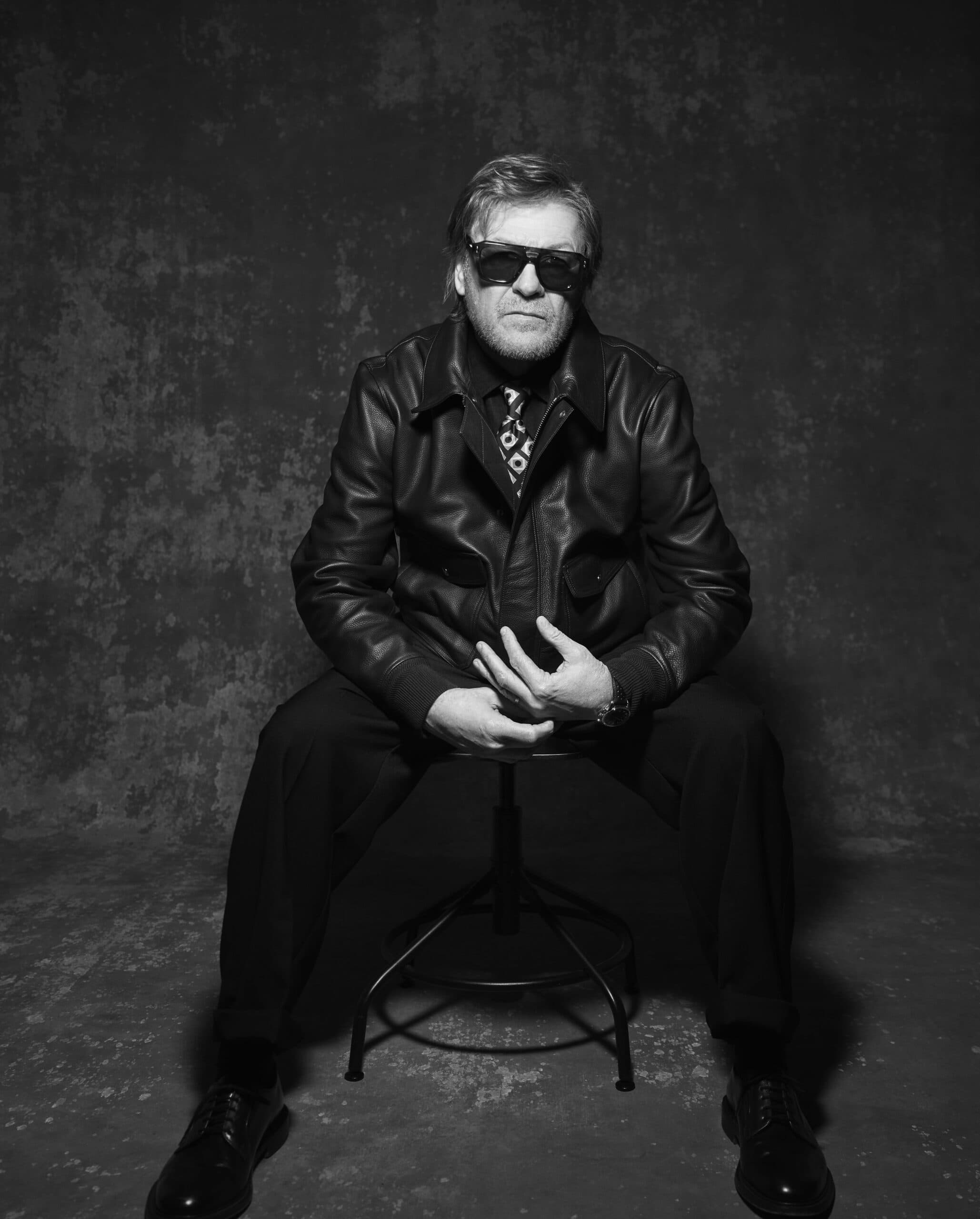
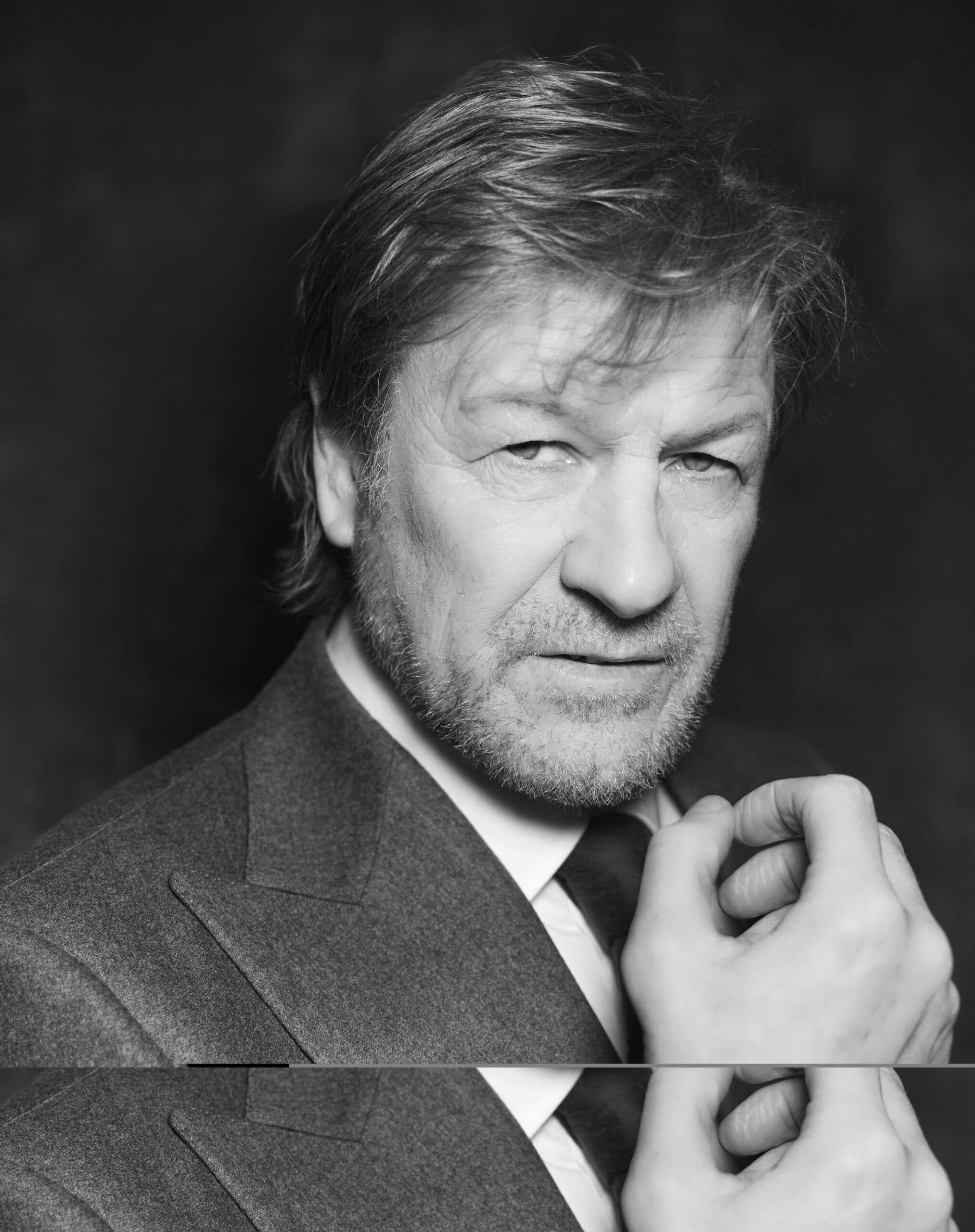
RDL: There’s so much darkness in the film, but my memory of being on set together is that we were laughing a lot. Do you find that when working on films that deal with these dark elements, humour is an important counterbalance to that?
SB: Yeah, I do. I suppose it’s that thing when you’re not supposed to laugh in the most serious moments, and you laugh. That’s the worst fucking feeling in the world, but it’s also the best in a way. Just to release that darkness, because it’s psychologically demanding. It’s not because you’re silly or you don’t take it seriously, it’s because you think, Thank fuck, some release. Gallows humour, they call it. I’ve always believed in your work, but at the same time we had to relieve ourselves. [Laughs.] That sounds wrong. But it worked. It was all combined — this manic laughter and the fear and everything.
RDL: That was something that went all the way through [the film] — how the manicness and the joy sit so close to the hate.
SB: It was like the scene where [Daniel and I] were dancing. When I read it [I thought], What the fuck are we going to do here? But we just started doing things, and there was that mad connection between the two [characters]. They didn’t want to say they were friends, but they were kind of saying it by doing this weird stuff.
RDL: But [in that scene], the brothers are also on the verge of fighting.
SB: It was like audiences when they used to watch the Sex Pistols. Fucking manic. Tribal.
Anemone will be in cinemas from 7 November 2025.
- PhotographerRankin
- StylistMark Anthony Bradley
- WriterScarlett Coughlan
- GroomerAmanda Grossman at Forward Artists using HAIR BY SAM MCKNIGHT
- Photographer's AssistantOlly Dundas
- Retouching FTP Digital
